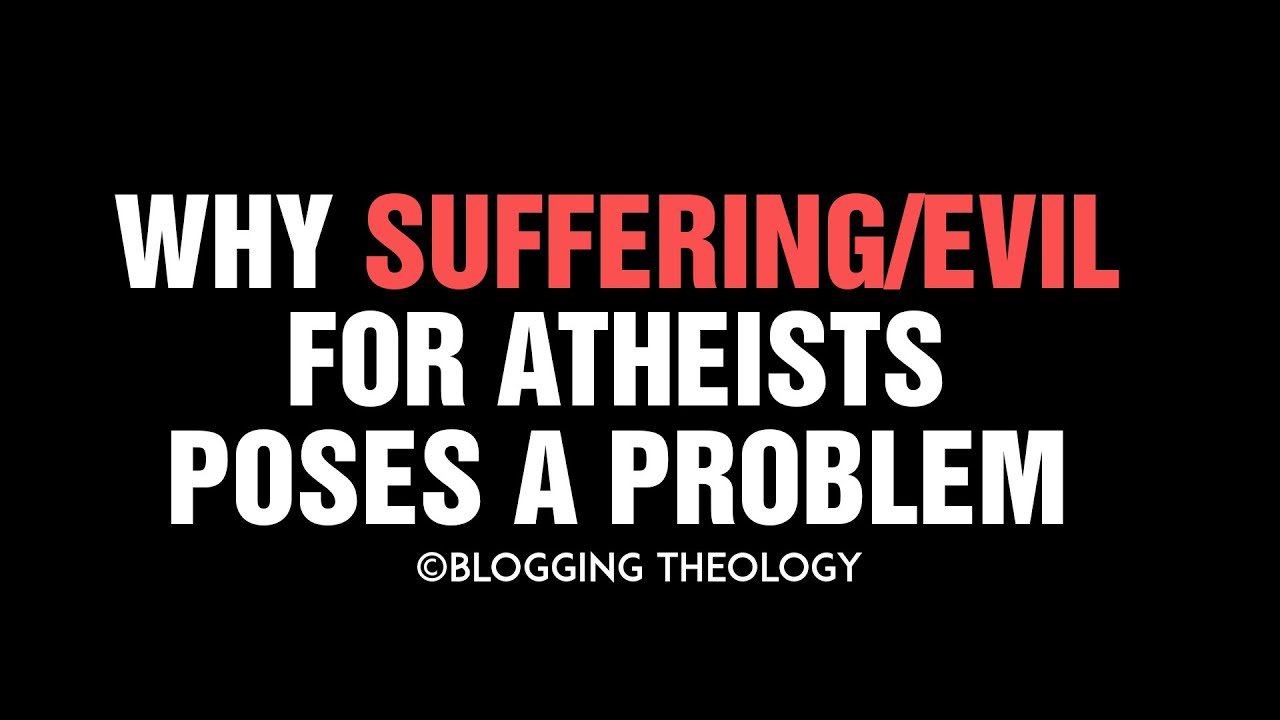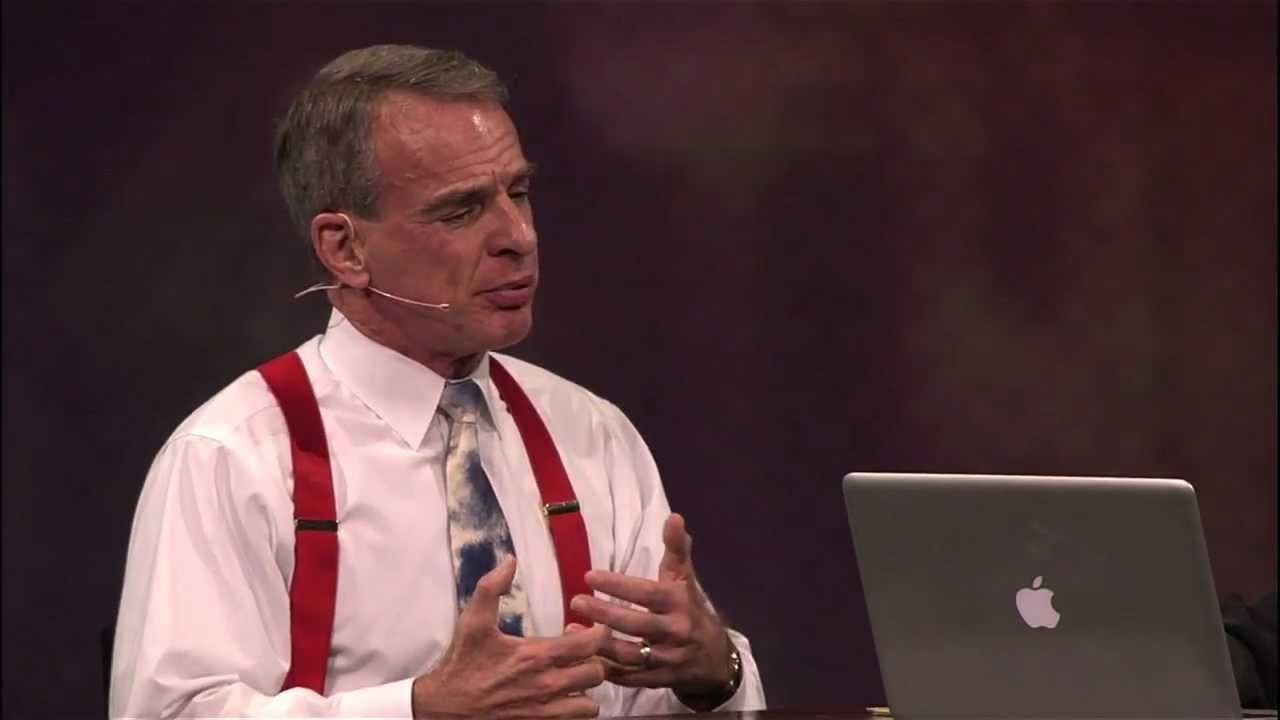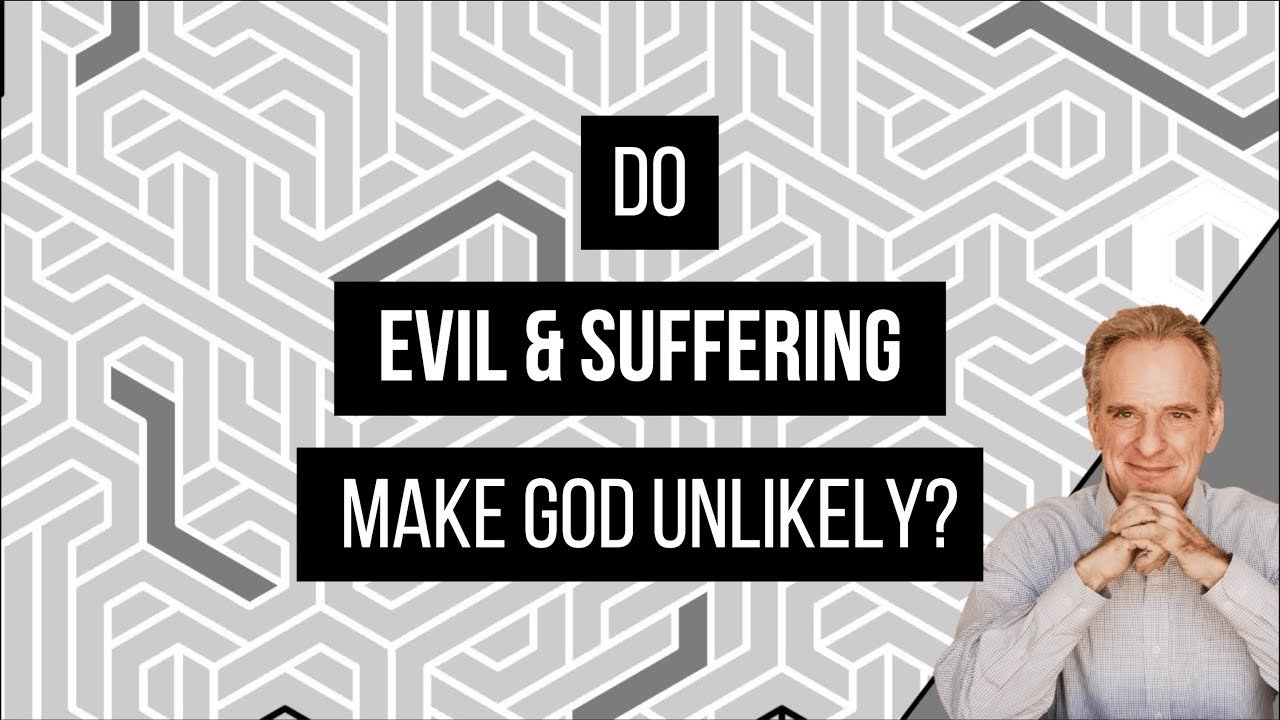>> Philosophers sometimes distinguish between different problems of evil. So, the problem of evil. How is it that the existence of all of this suffering we find ourselves confronted with is compatible with the existence of an all-good, all-powerful, all-knowing God? If God is all-good, wouldn’t He want to prevent
So much of this horrific suffering? And if He’s all-powerful and all-knowing, wouldn’t he have the power and know how to do so? And so why do we find ourselves confronted with all this suffering? Now, this is a kind of theoretical problem. But it’s also, there’s also an existential problem that we face
When we encounter terrible evil in our own lives and in the lives of others. It can induce a kind of vertigo. It can make it very difficult to believe that there is a God of the kind described by traditional Christianity. And so you’ve done some really interesting thinking
And writing about this existential problem of evil. As it’s treated in the writings of Theodosius Dobzhansky and his beautiful character, Father Zosima. And so, I wondered if you could tell us a bit about how you think about the practical problem of evil, and what you think Dobzhansky’s solution
Or reply to this problem is. And then whether you think it works, whether you find it persuasive. Yeah, the practical problem is sometimes we find ourselves quite rightly feeling a revulsion against certain kinds of really horrific evil that certainly others in the world experience, and maybe we, ourselves, have been touched by
At some point in our lives. And it induces in us a profound sense of that the things ought not to be this way. And we don’t want to align ourselves with any grand scheme of things such that this is a part of what’s being planned. But, of course, as theists the problem is
God has permitted a world, for us to exist in a world where precisely such horrible things have happened. And so then, for some individuals, when they experience this kind of intense suffering, they find themselves just psychologically withdrawing from God. It’s, and it’s because, perhaps out of an identification with the sufferer.
They feel they don’t want to simply say that, “Well God is wholly just and God is perfectly good, and he will bring good out of horrific evil.” They worry that this seems to say that they should not properly grieve the suffering that human individuals experience. Many religious individuals sometimes report,
Not so much theoretically ceasing to believe that God exists when they encounter evil, but just God feeling distant, and feeling the inability to draw near to God and to love God, to trust God given his willing permission of these kinds of suffering. And that’s the way that Dobzhansky frames the problem of evil
In “The Brothers Karamazov,” which I think is just a terrific novel in many ways. You have three sons of, that are all interesting characters. But one of them goes off. It’s set in Russia of course. One of them goes off and is educated in the West
And becomes a, sort of Enlightenment, atheist-type figure. And he frames the problem of evil this way. You know, he says, “I don’t want to, even if it’s true “that God will bring great good “and cause an ultimate harmony of all things “in the eschaton. “I don’t want to participate in that.
“I, and, you know, I want to declare now I want to have no part of that.” And it seems to be a kind of moral righteousness stand of saying, you know, maybe God could cause me to acquiesce in it, but I don’t want God to do that.
I don’t want Him to change my mind about this. I want to just stand apart and stand with the suffering victim, so. >> He puts it in terms of the suffering of a young child and says >> Yes. >> if all of this requires the torture
Of this one innocent child, then I don’t want a part of it. >> Yes, exactly. So then there’s this other character that, and Dostoevsky very much wrote, he wrote it in stages. It was published in serial form, as many 19th century novels were. And we have some of his correspondence.
And he very much wanted the novel to offer response to the problem of evil, and he feared that he did a better job of framing the problem of evil than he did in giving a powerful Christian response to it. In fact in, as you know,
In a lot of anthologies devoted to the problem of evil, you often get an excerpt of just Ivan, the brother, the atheist, his statement of the problem of evil. And it’s very painful to read, his recounting of just some horrific atrocities that occurred in and around that time.
So, but, this character, Father Zosima, is a sort of, he’s, we’re introduced to him as this saintly monk that people come to, and they just feel spiritual comfort often just in his presence even when he doesn’t speak. He’s this powerful saintly figure. >> He’s a person of overwhelming love,
And that’s the thing >> Tim: Yes. >> that most strikes you about him. >> Right. So really a model of Christian virtue, a very Christ-like figure. But he, at one point, he recounts the story of his life, and he indicates that, actually, early on, he was a violently angry young man
And participated in dueling and such. And over the course of his life, he embraced the Christian faith and was slowly transformed. And all the, he functions, I think, in Dostoevsky’s hands as a kind of witness to, because he encounters people, people come to him who are suffering horribly. So he’s not sheltered from,
He’s aware of the intense suffering of many individuals. And he just speaks with great confidence that it is possible to be reconciled to that without diminishing it and while still identifying with the victim of suffering. And he doesn’t tell us how. He just says it is possible to come to see things
In this way. So he’s, I take it what Dostoevsky’s doing, he’s saying he’s a kind of witness. If you get to a point of spiritual development that an individual like Father Zosima has, it’s possible to have a integration of your deep, profoundest moral convictions about the wrongness of horrific suffering
And complete trust in the deep love of God. And so he, and we’re supposed to, what we the readers are invited to take away is listen to the testimony of some individuals like that. It’s true there aren’t that many of us that attain that level of saintliness in our lives,
But there are some, and we should listen to them. Because these are far from being individuals who are morally calloused. They’re not dismissive of suffering. They have great sensitivity to suffering, and yet they also have profound intimacy with God. And they can experience it as a moral committedness
And trust in the love of God. So I just think Dostoevsky’s solution is there are certain saints that are witnesses to us that it is possible >> So. >> to reconcile that. And then it’s an invitation for us to try to follow that path and to experience that for ourselves.
>> So is it that you can imagine someone in the grip of an existential crisis, finding themselves repulsed maybe by God because of horrific suffering and experience through a witness. And you can imagine trying to come in and give the person an argument, you know, a philosophical argument, >> Yes.
>> which maybe in some cases might help, but in many cases maybe would feel cold and lifeless and unduly abstract. Is Dobzhansky in effect saying I’m not gonna give you an argument? I’m gonna give you a picture. This is what it looks like to be full of love,
Wholly trusting in God and his goodness, wholly in solidarity with the suffering This is what it looks like. It can be done. Contemplate this, and it will bring healing to you? I mean is this an effect? >> Yes, I think that’s it. I think he should perhaps add what he no doubt believes
That some human individuals in this life may have experienced such profound suffering, say, seeing the, he recounts the story of a mother seeing her child being deliberately killed savagely right before her eyes. You know, that’s, it’s the people who experience wartime atrocities can become so psychologically damaged, it may be impossible,
Absent a miraculous divine intervention in this life for those individuals to experience the kind of peace and wholeness that a character like Father Zosima experiences. And I think we just have to recognize that. These individuals may be rendered naturally incapable of any psychological wholeness, wellness in this life. But God is capable of,
Jesus is the great physician, and we are promised that individuals who cling to God will, even if they’re not capable of experiencing that wholeness, that overcoming of deep woundedness, God can bring that about. And it’s hard to imagine sometimes how that could be. But I think as Christians,
We also have to bear in mind that the God we worship is a god who suffered greatly on our behalf. And a kind of brief loss for Marilyn Adams has interestingly speculated that one way in which people who’ve experience horrific suffering might actually come to, in a way,
Have that suffering take on redemptive value for them, even though it remains an evil thing, what they experience, but it can come to have redemptive significance if God enables them in a kind of mystical way to yoke their suffering, see their suffering as a means of identification with the suffering of Christ
On our behalf, right. The inner life of God who grieves over his suffering and sinful children and longs to have them return to them and experience profound suffering and alienation in the second person of the Trinity, incarnated and crucified. That could be, for some individuals in this life, they might say,
Well, I, you know, I can’t make that identification. It still, it doesn’t help me to, but God could cause them to have insight into the character of God that it could somehow take on redemptive significance for them. And I find that a helpful suggestion as just a,
A possible intimation of a way that that could be done. And no doubt, it requires supernatural activity on the part of God, but we’re already >> Tom: We’re already committed. >> committed to that, yeah.
#Existential #Problem #Evil #Brothers #Karamazov










